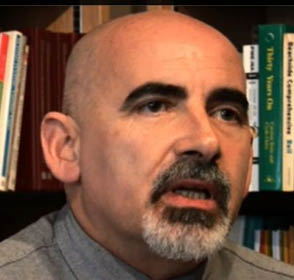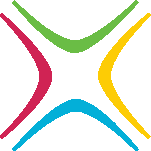 As I travel around schools in the UK and elsewhere in the world, many teachers feel that Assessment for Learning is rather “old hat” — something that they did a decade or more ago — and they are now looking for the next big thing: educational neuroscience, lesson study, mindfulness, academic resilience, or whatever.
As I travel around schools in the UK and elsewhere in the world, many teachers feel that Assessment for Learning is rather “old hat” — something that they did a decade or more ago — and they are now looking for the next big thing: educational neuroscience, lesson study, mindfulness, academic resilience, or whatever.
The idea of being at the “cutting edge” of new developments in education is attractive, exciting even, but the fact is, there is as yet little evidence that any of these new ideas will have much impact on how much students learn. They are promising to be sure, and may, in the future yield important insights into student’s learning. But right now we simply do not know whether these new ideas are worth pursuing.
Now of course if teachers had exhausted the possibilities for assessment for learning - or formative assessment as I prefer to call it - then looking for “what’s next?” might be appropriate. But in most schools and colleges, formative assessment is neither widespread, nor deeply embedded. What is more puzzling is that all over the world teachers are under enormous pressure to improve the attainment of their students and yet, they are under-using something that we know, from our work with science and mathematics teachers in England and elsewhere, has the power to improve student achievement, even when achievement is measured with standardized tests and national examinations.
Formative Assessment – the heart of effective teaching and learning
However, there is a far more important reason that teachers should be developing their use of formative assessment, and that is that formative assessment is at the heart of effective teaching and learning.
As every teacher knows, students do not learn what we teach. Even in a new topic, where students might start out with relatively similar knowledge about the topic, within minutes, students are at different levels of understanding. In addition, particularly in science, students come to classrooms with a range of ideas about scientific phenomena that are incomplete, or even inconsistent with what they need to learn. David Ausubel pointed out almost half-a-century ago,
The most important single factor influencing learning is what the learner already knows. Ascertain this and teach him accordingly.
This is why assessment is so central to good teaching. Assessment is the bridge between teaching and learning. It is only through assessment that we can find out whether our students have indeed learned what we hoped they would learn by engaging in the activities we organised for them.
And that is also why a focus on formative assessment will never be “old hat”. As long as teachers reflect on what they have done as teachers, and on what their learners have learned as a result, and the relationship between these two, then they will always be able to develop their practice. That is why formative assessment should be an enduring priority for every teacher.
Now of course, what we can do in a short online CPD activity will be rather modest, but we hope that by participating in this course, you will be able to get some ideas about how you can work with your colleagues to develop your practice of formative assessment further. The work will never be finished - no matter how good you are as a teacher, you can always get better but as my colleagues and I have worked on the CPD activity, we have become convinced that this is an excellent place to start.
Dylan Wiliam will be leading the National Science Learning Centre’s free online course Assessment for Learning.

